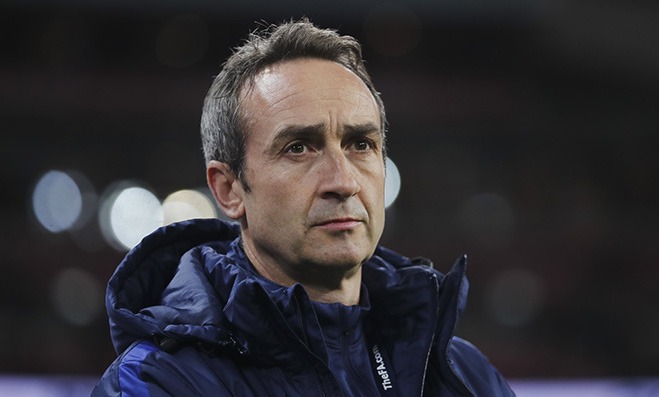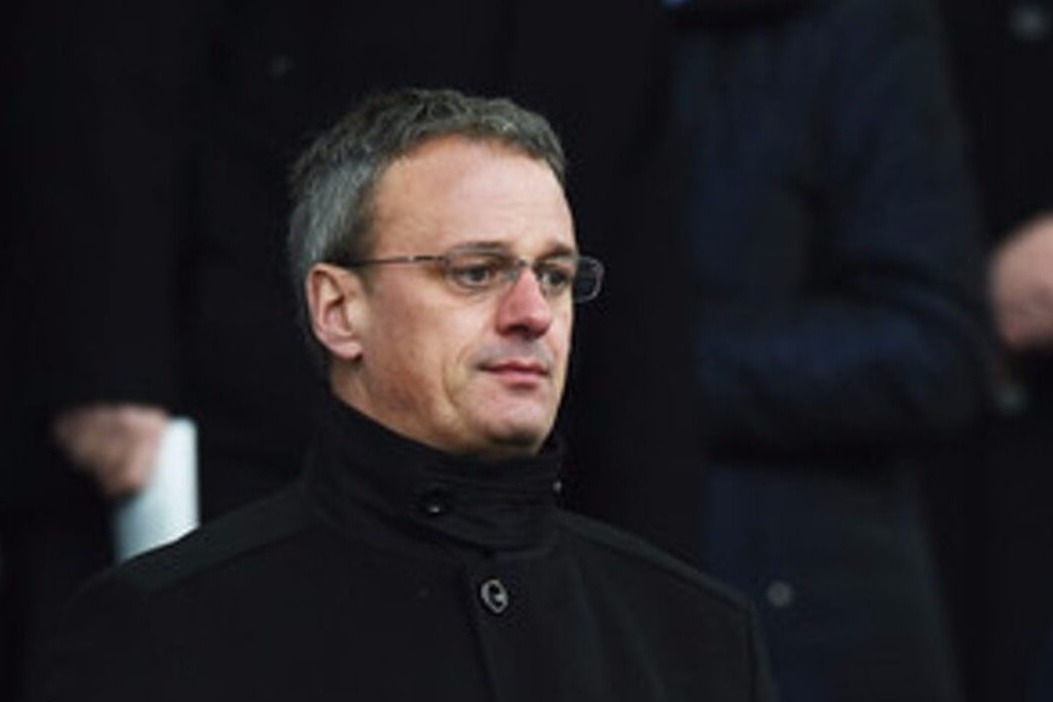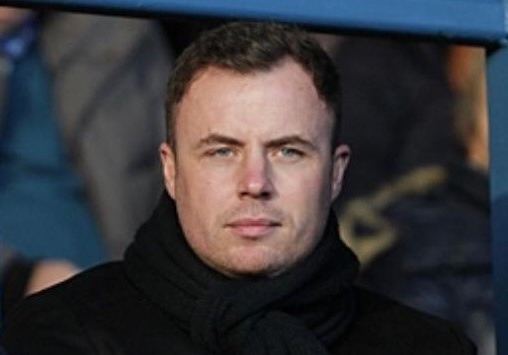
Dave Reddin: Beware the unicorn manager
Written by
Simon Austin
October 6, 2020
Football’s preoccupation with the ‘unicorn’ Manager or Head Coach is a “flawed leadership concept” and needs to change, says Dave Reddin, the former Football Association Head of Team Strategy and Performance.
Reddin has been a performance leader for more than two decades, holding senior positions in a variety of sports.
From 1997 to 2006, he was fitness coach for England Rugby, during which time they won the 2003 World Cup, before becoming Head of Performance Services for the British Olympic Association and then performance chief at the FA from 2014 to 2019.
Sessions with: David Slemen, Sarah Murray, Lorraine O'Malley/ Karen Bardsley, David Sumpter, Eddie Jones, Dave Reddin MBE, Tom Vernon and Ben Mackriell.
Speaking at TGG’s Future Game Webinar, Reddin said many football clubs still held the view that one person, the Manager, “has all the answers” and is “untouchable”.
“This concept of the unicorn, who is paid 10, 15 times more than anybody else in the organisation, who has all the answers, is a flawed leadership concept in general and maybe underplays the value and opportunity from others in the mix,” Reddin said.
“It’s too prevalent still, this idea that the Head Coach, the unicorn, is untouchable and nobody can really ask probing questions about how they’re doing things or what they’re doing to contribute to performance.
“Maybe what we see going forwards, if we think about the move away from unicorn head coaches, is this idea of more democracy. The idea that the coaching team and wider multi-disciplinary team create more value by working collectively within an aligned strategy and vision.
“Rather than this idea that there’s a singular person with all of the knowledge and that the organisation lives or dies based on their outcomes.”
Reddin said that although Sir Clive Woodward was a high-profile head coach of England Rugby, he led democratically.
“He was the first leader I encountered – and one of the few since – who understood the value of bringing people together and democratising the conversation.
“The fitness coach I was was just as entitled to have an opinion on coaching as the coaches were about the work I was doing in the gym or on the field. And yet, as things have gone on, particularly in football, there are big power dynamics and hierarchies which have coaching at the top.”
Reddin, who now works as a performance and strategy consultant, said clubs should embed their coaching philosophy and style within their DNA, rather than allowing it to reside with just one person.
“The best organisations have embedded their style of coaching, the details of their coaching, within their DNA,” he said. “It exists within the IP of the organisation itself, not within the head coach and when they leave it disappears with them.
“This is a really important thing going forward. Ultimately the head coach is recruited to that IP, that style, that way of doing things, rather than bringing it with them for a short period of time.”
Reddin said that if football moves away from the concept of the unicorn head coach then it can better adopt two key principles – specialist coaching and individual development.
On specialist coaching, he pointed to Brentford as an example of a club who have embraced the concept, employing sleep, throw-in, set-piece and kicking coaches – many of whom have now been headhunted by bigger clubs.
“It is really encouraging to see the work at Brentford,” he said. “But, let’s be honest, specialisation of coaching is still not really recognised or universally adopted in football.
“I do see the huge opportunity in this model, both from a team perspective, the ability to really get down to the detail, whether that be set plays, throws or tactical elements and phases of the game, to the technical improvement of the players, at every level.
“That’s one of the things I see most opportunity in. If you compare the prevalence in football with other team sports it’s still an awfully long way away.”
And on individual development, Reddin emphasised the idea that everyone within the club – even the most senior players to the head coach – should be working on improving every day.
“We’ve seen the start of individual development coaches happening in football, mainly in Academies,” he said. “Again, I see more opportunity, especially at first-team level, where I don’t see this work happening.
“It is almost as if, in some cases at least, development finishes then. Again, I would call out Brentford as an example of a club that is really embedding lifelong development as part of its strategy.”
Follow Us
For latest updates, follow us on X at @ground_guru



